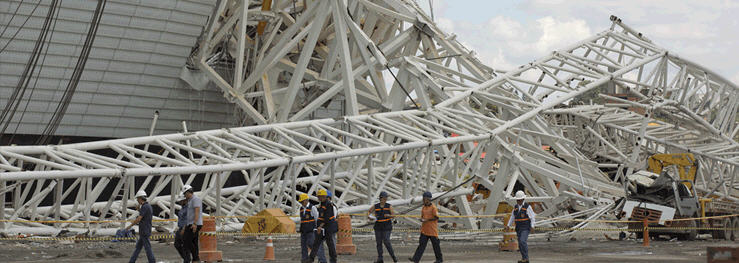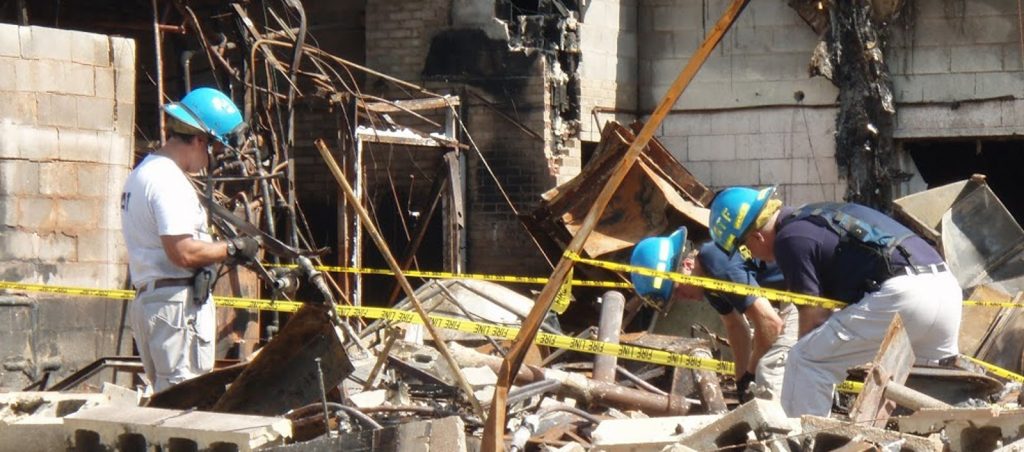What is Structural Forensic Engineering? Discussing its primary functions and use!
Forensic Engineering is a branch of forensic sciences, dedicated to investigating matters related to faulty engineering and construction. It stands different from its other sectors, where the investigation is centered on criminal activity, and evidence collection against foul crime scene, etc. Hence, there is a subtle difference that features the characteristics of a forensic engineer, and a crime analyst. If you are looking forward to understanding the core responsibilities of structural forensic engineering, then let’s have a look at the difference first.

The working scenario and duties designed for each:
The duty of a forensic engineer is not constrained to one segment of constructional defaults. It also works rapidly and collaborates with crime professionals, who occur to visit and examine the matter beforehand. Both of them have one common, which is to contemplate the crux of the crime. Forensic engineers have a lot more to do, as it involves various public statement recordings and document searches. Hence, structural forensic engineering involves questioning all facts of the accident and working on the case accordingly!
All forensic engineers are vested with the duty to pay their visit to the accident site. All evidence is collected with the help of crime consultants too. By applying basic knowledge of construction and development, the scene is further evaluated.
Why is forensic engineering necessary?
Think of a sudden structural failure, and you have no one to consult. This often leads to complex action and faulty conclusions, making the scene look uglier. Hence, in order to process all basic engineering collapses, the part played by structural forensic engineering experts comes handy. Under the broad umbrella of forensic engineering, some of the foremost elements that are focused upon are as follows:
- Investigation of the use of raw construction materials.
- Quality of labor involved.
- Faulty construction plan.
- Analysis of mechanical dysfunction.
- Cause of damage to nearby property.
- Sudden or even intentional collapses.
- Failure to adhere to the design principle.
The disciplines categorized under forensic engineering helps in analyzing the process of collecting the evidence, against the default caused. Hence, it is extremely risky on part of forensic engineers as well, to assess property damage, along with personal injury conditions.

All Forensic engineering cases are not the same:
Although the foundation of forensic engineering is to investigate construction accidents, not all accidents happening, are the same. Nature and its impact are different, keeping in mind the reason that caused it. While some accidents may have proper testimony, others can remain a mystery, which even crime experts find difficult to solve. Proper inspection, followed by substantial proof of the accident, is mandatory.
Hence, all forensic engineers must be ready to determine their expertise in this field. Sheer knowledge, along with transparency in work, flexibility and confidence are required, so as to determine the investigation procedure. Ultimately, such engineers have to bring out the ugly truth of the case, even if it stands too complex at the present moment.
